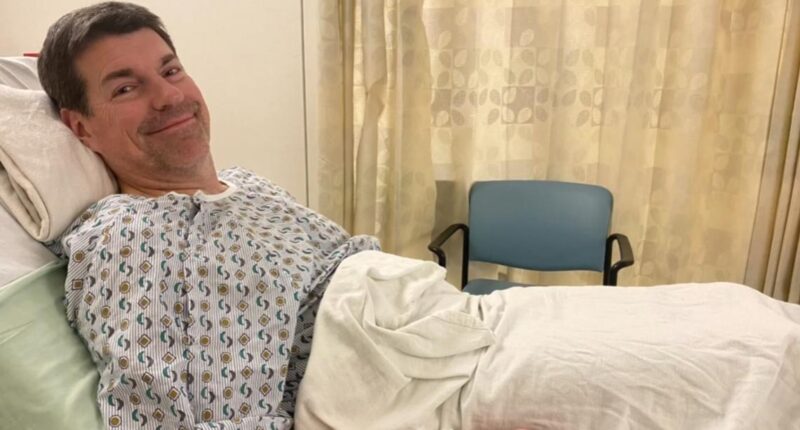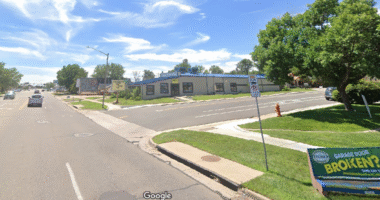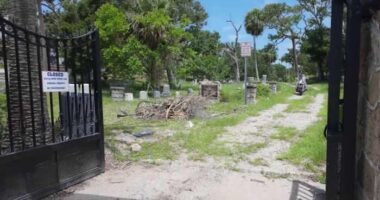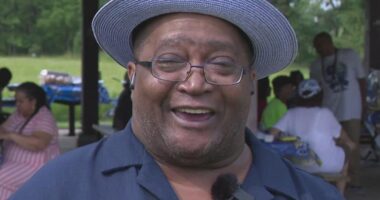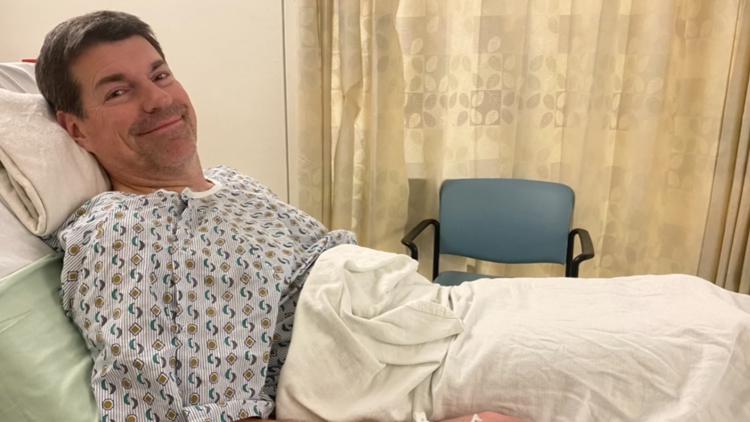
The GO! morning anchor wants to create more awareness about early detection.
In the U.S., prostate cancer is the most common type of cancer that affects men, with over 313,000 cases projected to be diagnosed this year. Shockingly, one out of every eight men will receive a prostate cancer diagnosis in their lifetime.
3News’ Dave Chudowsky is one of them.
On January 3rd of this year, Chudowsky received the life-changing news that he had cancer. Although it may seem odd to share his own story, he believes that doing so could benefit others facing similar challenges.
DAVE’S STORY
After persistent requests from his wife Lindsay, Chudowsky eventually made the decision to switch doctors last year. He opted to consult the doctor who had provided excellent care for his parents until their passing, following high recommendations from his family.
Dr. Rashmi Jain at Cleveland Clinic agreed to bring Chudowsky and his wife into her practice.
In November of last year, Chudowsky met with Dr. Jain for a consultation and she asked him if he wanted to get a PSA test because she knew his family history. His father had prostate cancer decades ago, but he wasn’t thinking about that. At 49 years old, prostate cancer wasn’t on his radar.
She ordered the test, and they found a high number.
“Given your father’s history of prostate cancer, I talked to you about the PSA testing, we talked about the potential risks and benefits, your preferences, and you decided to go ahead and have the test done based on the shared decision making,” Jain said.
Two separate tests late last year revealed his PSA level was abnormal, leading to a biopsy that confirmed Chudowsky had prostate cancer.
Chudowsky asked Dr. Jain how important it is to know your family’s health history.
“I think it’s very important because that puts men to be at a higher risk if they have a family history of prostate cancer,” Dr. Jain said. “If it was not diagnosed in the proper time, given the fact that you did have a sort of aggressive cancer, the effects could have been a little different. That’s all I can say.”
Early detection was critical for Chudowsky — and it could end up saving your life!
Dr. Lee Ponsky, the Director of Urologic Oncology at UH Seidman Cancer Center agrees.
“So while there’s different degrees of prostate cancer, there’s low-risk, there’s high-risk and there’s everything in between,” Dr. Ponsky said. “Screening early is important because we can find it early, where a lot of times we can just watch it closely and it is very curable, but it’s not always the case.”
Dr. Ponsky added that men do an awful job of taking care of themselves.
“It’s unbelievable. I mean, I can give you the amount of statistics about men and what a lousy job we as men do taking care of ourselves,” he said.
He said that men are 200 times more likely to die from cancer and are 50% less likely to have a primary care provider. In addition, men are 50% less likely to seek help for mental health issues like depression or anxiety.
“If you look, women control 80% of the healthcare decisions in a household. So oftentimes it’s the wives, the girlfriends, the daughters who are dragging the men in their lives into the doctor or telling them to go to the hospital,” Dr. Ponsky said. “I actually had a meeting with a bunch of hospital executives and a lot of men in the room. And I said, ‘How many of you have been to the doctor in the last year?’ Hospital executives, one of them raised their hand and said, ‘I have been,’ and he qualified his answer with, ‘Because my wife made me.’”
Part two of Chudowsky’s series will concentrate on the treatment of prostate cancer as Dr. Ponsky will explain the options for treatment with the benefits and potential impacts, along with what Dave felt was extremely important during his journey, and where he is now on his journey.
